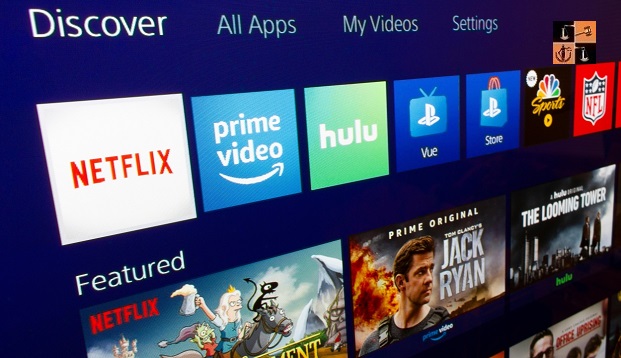In a landmark judgement, the Telecom Dispute Settlement and Appellate Tribunal (TDSAT) has ruled that a streaming platform is not akin to a TV channel.
The tribunal made the observation on October 4 while hearing a plea filed by the All India Digital Cable Federation (AIDCF) against Star India. In its petition, the industry body urged the tribunal to direct Star India to stop streaming cricket matches for free on its OTT platform, Disney+ Hotstar.
The AIDCF argued that Star India is charging them to broadcast Star Sports while the broadcast giant is streaming the matches for free on its OTT platform. It also contended that Star India is in violation of Regulation 3(2) of the Telecommunication (Broadcasting and Cable) Services Interconnection (Addressable Systems) Regulations, 2017.
The federation sought an interim relief and urged the TDSAT to restrain the broadcast juggernaut from streaming the cricket matches for free or provide Star Sports for free to the AIDCF as well.
After listening to both sides, the tribunal refused to grant interim relief and ruled that, prima facie, an OTT platform is not a TV channel. As such, it is not covered under specified provisions of TRAI’s 2017 regulations, the tribunal said.
The TDSAT also observed that no irreparable loss will be caused to the AIDCF if the stay is not granted.
“… looking to the provisions of the IT Act, 2000 and the rules framed thereunder of the year 2021 and looking to the provisions of TRAI Act, 1997, there is no prima facie case with this petitioner. Balance of convenience is also not in favour of this petitioner and no irreparable loss will be caused to the petitioner if the stay, as prayed for, is not granted,” said the tribunal.
The bench comprising chairperson Justice Dhirubhai Naranbhai Patel and member Subodh Kumar Gupta listed the matter for next hearing on December 18. It said that the cable federation can compile a list of consumers who have subscribed to the Star Sports channel on its platform and submit the data to the tribunal before the final hearing.
“Petitioner is permitted to file (a) rejoinder affidavit on or before the next date of hearing,” added the bench.
The Crux Of The Matter
At the heart of the legal saga is the Regulation 3(2) of TRAI’s 2017 rules. Under this, all broadcasters have to provide the ‘signals’ of their TV channels to distributors on a non-discriminatory basis. The broadcasters also have to specify reasons, in writing, for denying transmission signals to distributors.
This formed the basis of the AIDCF’s legal offensive. The cable federation’s counsel argued that Star India’s OTT platform, which uses broadband for content distribution, falls under the definition of Indian Telegraph Act and under the jurisdiction of TDSAT.
In retort, Star India’s counsels contended that the company wears two hats, one of a broadcaster and the other one of a streaming platform. Star India further argued that regulation 3(2) is meant for regulating the distribution of signals of TV channels and an OTT platform is not a TV channel at all.
The TV juggernaut also claimed that OTT platforms do not require a licence, unlike TV channels, and fall under the ambit of IT Act, 2000 and not under TRAI Act, 1997.
This comes as a major reprieve for Star India, which has been surrounded on multiple fronts and has been looking to sell its India operations either as a piecemeal transaction or wholly. As competition from Reliance-backed JioCinema mounts, the development has come as a major relief for Disney+ Hotstar as well.
(Only the headline and picture of this report may have been reworked by the LatestLaws staff; the rest of the content is auto-generated from a syndicated feed.)
Source Link
Picture Source :


























